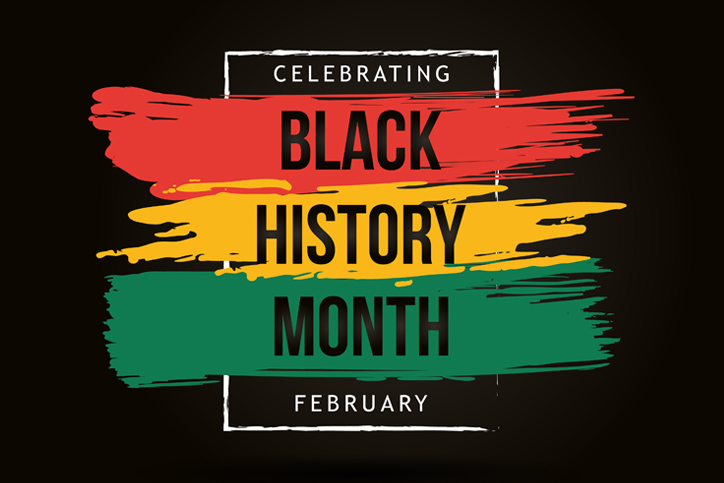
Every February, we come together to celebrate Black History Month, a time to reflect on the profound contributions of Black individuals and communities to history, culture, and society. It’s a month dedicated to honoring the legacies of those who paved the way for future generations while recognizing the ongoing struggle for equality and justice. But Black History Month is not just about looking back; it’s also a reminder to continue pushing for progress in the present and future.
The roots of Black History Month can be traced back to 1926, when historian Dr. Carter G. Woodson and the Association for the Study of African American Life and History (ASALH) created Negro History Week. Woodson, known as the “Father of Black History,” chose the second week of February to coincide with the birthdays of two key figures in American history: Abraham Lincoln, who issued the Emancipation Proclamation, and Frederick Douglass, a former enslaved person who became a leading voice for abolition and civil rights.
Negro History Week quickly gained popularity in schools and communities, and by the 1960s, as the Civil Rights Movement gained momentum, the week grew into a month-long celebration. In 1976, during the nation’s bicentennial, Black History Month was officially recognized by the U.S. government, and the celebration expanded beyond the United States to many parts of the world.
Black History Month provides an opportunity to reflect on the monumental contributions of Black individuals across all fields, from politics to arts, sciences, sports, and more. Some names are widely recognized, such as Martin Luther King Jr., Rosa Parks, and Maya Angelou, but the month also highlights lesser-known heroes and pioneers whose work continues to inspire.
Take, for example, the remarkable achievements of scientists like George Washington Carver, whose agricultural innovations transformed the American South, or Katherine Johnson, whose calculations helped NASA send astronauts to the moon. In the arts, Black artists, musicians, and writers have forever shaped culture, with figures such as Duke Ellington, James Baldwin, and Audre Lorde whose works continue to resonate.
The month also reminds us of the importance of community and activism. Leaders like Angela Davis, Malcolm X, and Shirley Chisholm paved the way for political change and social justice, challenging systems of inequality with unwavering courage.
While Black History Month is a celebration, it also serves as a call to action. The challenges faced by Black communities—whether in education, employment, or criminal justice—are far from resolved. The celebration of Black history isn’t just about reflecting on the past; it’s about using that knowledge to fuel continued progress toward equality. Each year, Black History Month invites us to consider how we can contribute to dismantling racism, advancing social justice, and fostering a more inclusive society.
Though Black History Month officially spans the month of February, the importance of learning about and celebrating Black history extends far beyond that. History, culture, and contributions are lived every day, and it’s crucial to carry the lessons learned throughout the year. Museums, educational programs, and community initiatives that center Black stories can help deepen our understanding and appreciation of the diverse experiences and contributions of Black individuals.
In the end, Black History Month is not just a time to celebrate the past, but to commit to a future of equality, opportunity, and justice. Let it inspire us all to continue building a more inclusive world for generations to come.